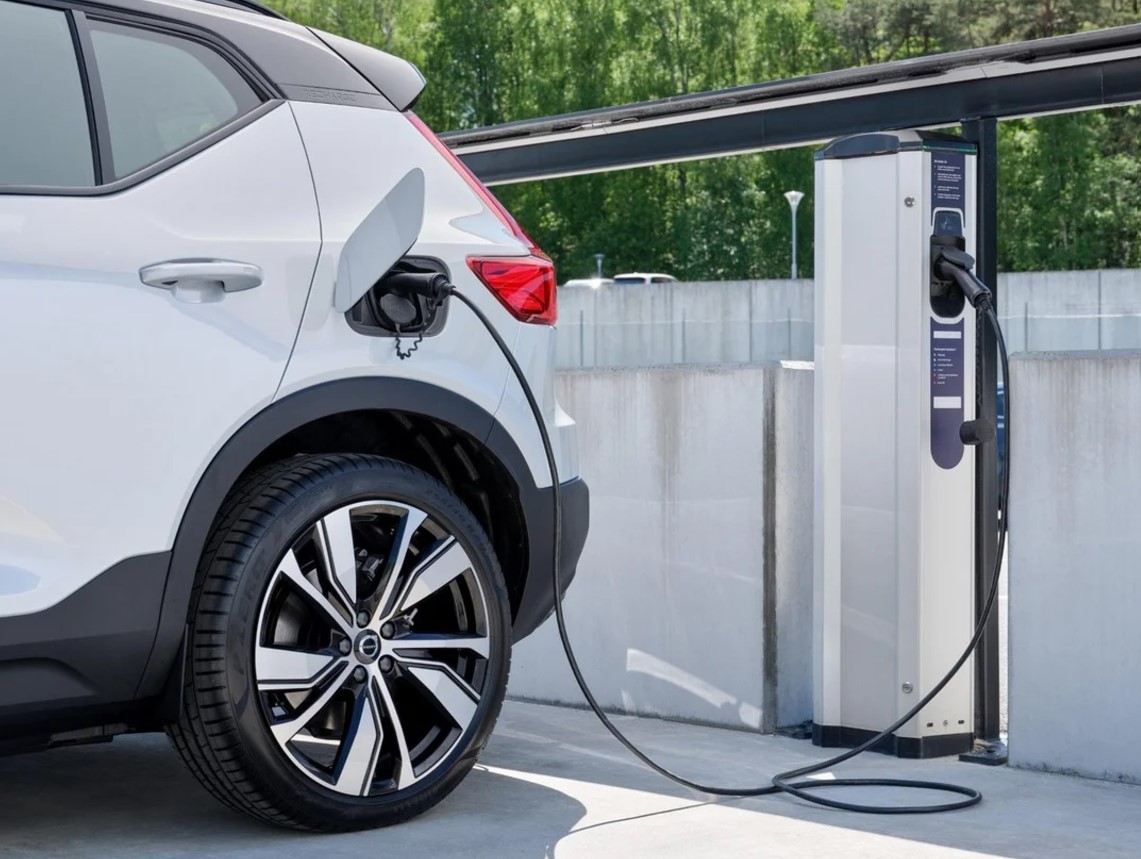The Motor Vehicle Importers and Electric Vehicle Association (Semio) this week issued an urgent appeal to the Transport Ministry, requesting immediate action to resolve the ongoing problems surrounding electric vehicle (EV) subsidies.
In an official statement, Semio warned that any further delay in addressing the issue would worsen the financial situation of its members and escalate consumer frustration.
Semio announced plans to request a formal meeting with the Transport Minister to seek clarity on the government’s current stance and future intentions regarding the subsidy programme.
The association said the lack of progress has led to growing concern among its members, alongside strong reactions from consumers interested in purchasing electric vehicles.
Semio reiterated that after it raised concerns over the sudden termination of the EV grant programme, the Transport Ministry had responded with a public statement.
In that statement, the ministry said it was “seeking to secure additional funding, either to continue the current scheme or to launch a new one of similar nature”.
However, Semio noted with dismay that since the publication of the ministry’s statement, no further communication has taken place.
As a result, the association said, the problems created by the programme’s interruption remain unresolved for car importers.
Importers have large numbers of electric vehicles currently in stock, which were brought to Cyprus specifically for sale under the government-backed subsidy scheme.
In addition, more vehicles are on the way, ordered in reliance on the government’s original plans.
Semio also reported receiving numerous complaints from prospective buyers who had expected to benefit from financial support to purchase electric cars.
The appeal from Semio comes amid broader controversy over the government’s decision to cut funding for EV grants, a move that angered importers and green mobility advocates.
In late April, the Transport Ministry confirmed that changes had been made to the national electric vehicle subsidy plan as part of ongoing revisions to Cyprus’ Recovery and Resilience Plan (RRP), which is linked to continued EU funding.
While the government initially allocated €30 million for EV subsidies and an additional €15 million for alternative mobility schemes, a mid-2024 review led to a revision of these targets.
The revised budgets now stand at €32.8 million for EV grants and €9.8 million for low-emission mobility incentives.
The third round of EV subsidies, launched in February 2024 with a budget of €36.5 million, included €26 million specifically for electric car purchases.
The ministry insisted that the adjustments were made to keep Cyprus eligible for EU payments and aligned with the national energy and climate plan.
It also pledged to pursue further funding for future or extended subsidy schemes.
Despite these assurances, Semio accused the ministry of acting unilaterally and without industry consultation.
The association said that importers had already invested heavily in preparation for the subsidy programme and could not reverse these commitments.
It warned that the abrupt change in plans not only undermines business operations but also jeopardises Cyprus’ goal of registering 80,000 electric vehicles by 2030, a target mandated by the European Union.
Further frustration followed the ministry’s decision to reopen the EV grant application platform on April 23, after it had been closed since March 21.
Semio said the number of available subsidies was significantly reduced, and the grants were exhausted almost immediately, leaving many consumers disappointed.
The association rejected ministry claims that public interest in electric vehicle grants was declining.
It argued that demand remains high and called on the government to conduct proper consultation before taking further decisions.






Click here to change your cookie preferences